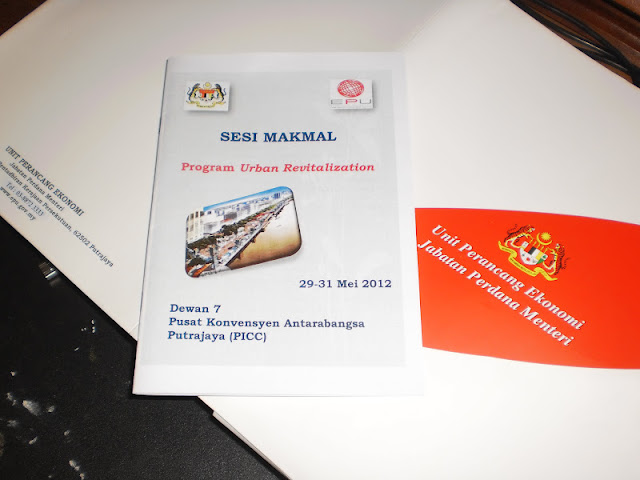Subjective Well-being (SWB) can be assessed with a
series of measures representing distinct concepts such as satisfaction with
life, happiness, quality of life and life fulfillment. These concepts represent
the affective (Diener and Emmons, 1984) and cognitive
evaluation (Andrews and Withey 1976) of one’s
life. SWB has been defined as the total sum of the cognitive and emotional
reactions that people experience when they compare what they have and do in
life with their aspirations, needs, and other expectations (Calman 1984). This definition is in line with the description given by
Diener et al. (1999) that explains SWB as a
broad category of phenomena that includes people’s emotional responses.
SWB is composed of several major components,
including global life satisfaction, contentment with specific life domains, the
presence of frequent positive affect (pleasant moods and emotions), and a
relative absence of negative affect (unpleasant moods and emotions). The major
components are reduced into more specific elements. Positive affect is commonly
divided into joy, elation, contentment, pride, affection, happiness and
ecstasy. Negative affect is separated into guilt and shame, sadness, anxiety
and worry, anger, stress, depression, and envy. Life satisfaction is categorized
by satisfaction with current life, satisfaction with past, satisfaction with
future, significant others’ views of one’s life, and desire to change life.
Domain satisfaction is composed of work, family, leisure, health, finances,
self, and one’s group (Schwarz and Strack, 1991).
Why is SWB important? First, high SWB leads to benefits (Lyubomirsky
et al., 2002), not the least of which include better health and perhaps even
increased longevity (Danner et al., 2001). Second,
people the world over think SWB is very important. In a survey of college
students from 17 countries, (Diener,2000) found that happiness and life
satisfaction were both rated well above neutral on importance (and more
important than money) in every country, although there was also variation among
cultures. Furthermore, respondents from all samples indicated that they thought
about happiness from time to time. Thus, even those fromrelatively unhappy
societies value happiness to some extent. Third,
SWB represents a major way to assess quality of life in addition to economic
and social indicators such as GNP and levels of health or crime (Diener and
Suh, 1997). In fact, SWB captures aspects of nationalcon ditions that the other
measures cannot. Thus, when used in
conjunction with the objective measures, SWB
provides additionalinformat ion necessary to evaluate a society. Fourth, SWB is frequently assessed as a
major outcome variable in research on the elderly (George, 1986), and on other
target groups. SWB is an important indicator of quality of life and functioning
in old age.Futher enquiry about this article kindly contact :
DR. AZMIZAM ABDUL RASHID
Research and Development Division,
Federal Department of Town and Country Planning,
Ministry of Housing and Local Government,
Unit No. 50-12-2B, & 50-13-1, Wisma UOA Damansara,
No. 50, Jalan Dungun, Damansara Heights,
50490 Kuala Lumpur,
Malaysia
email address : azmizam@townplan.gov.my
























